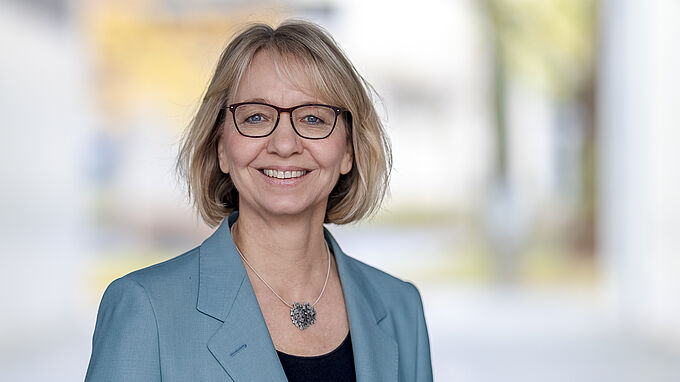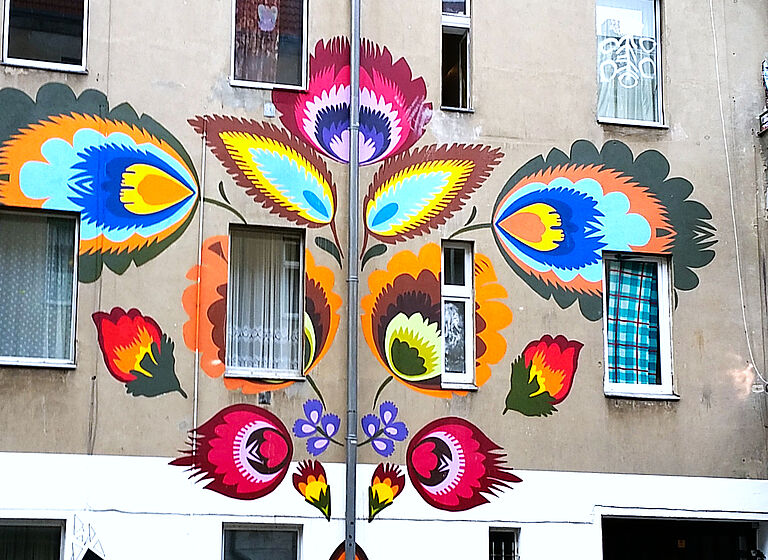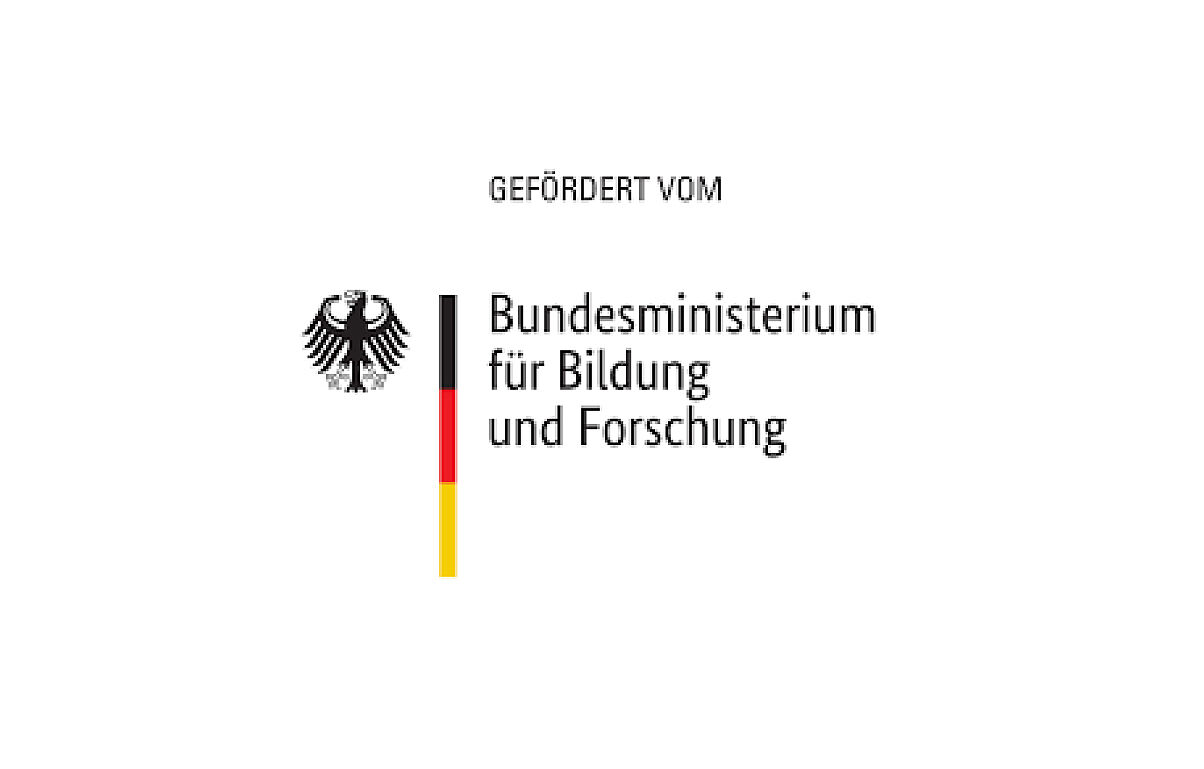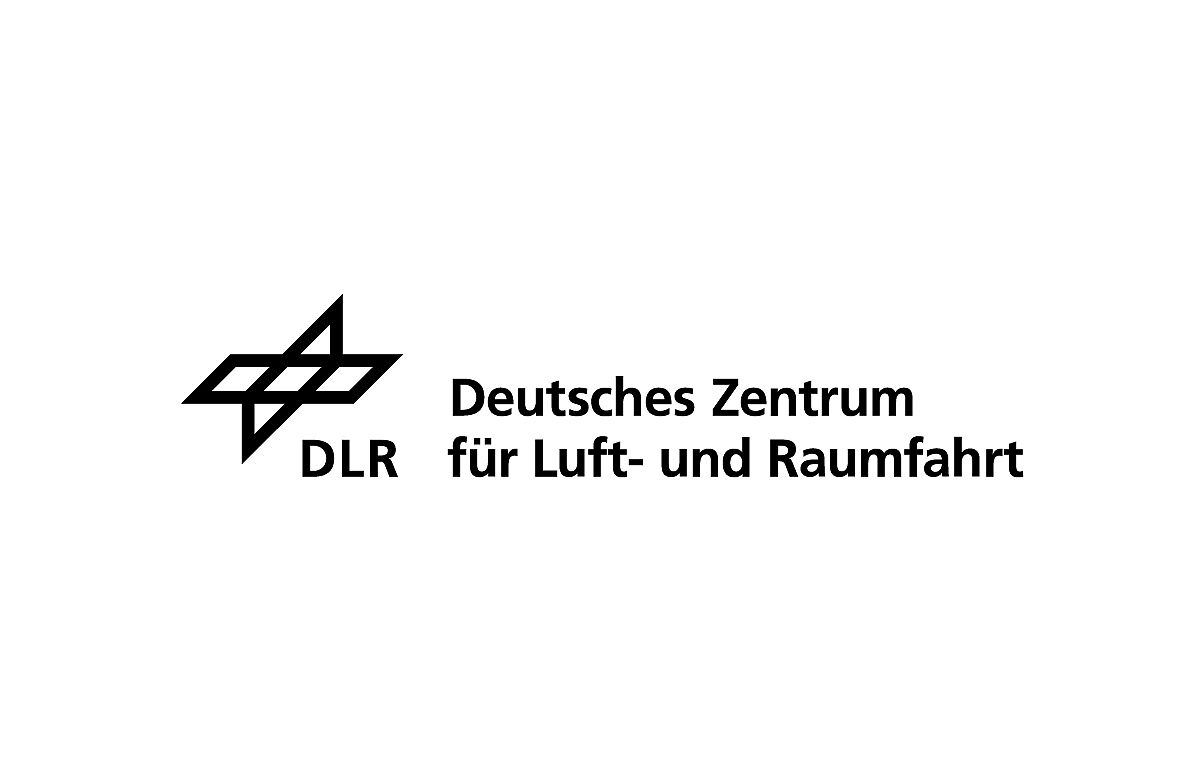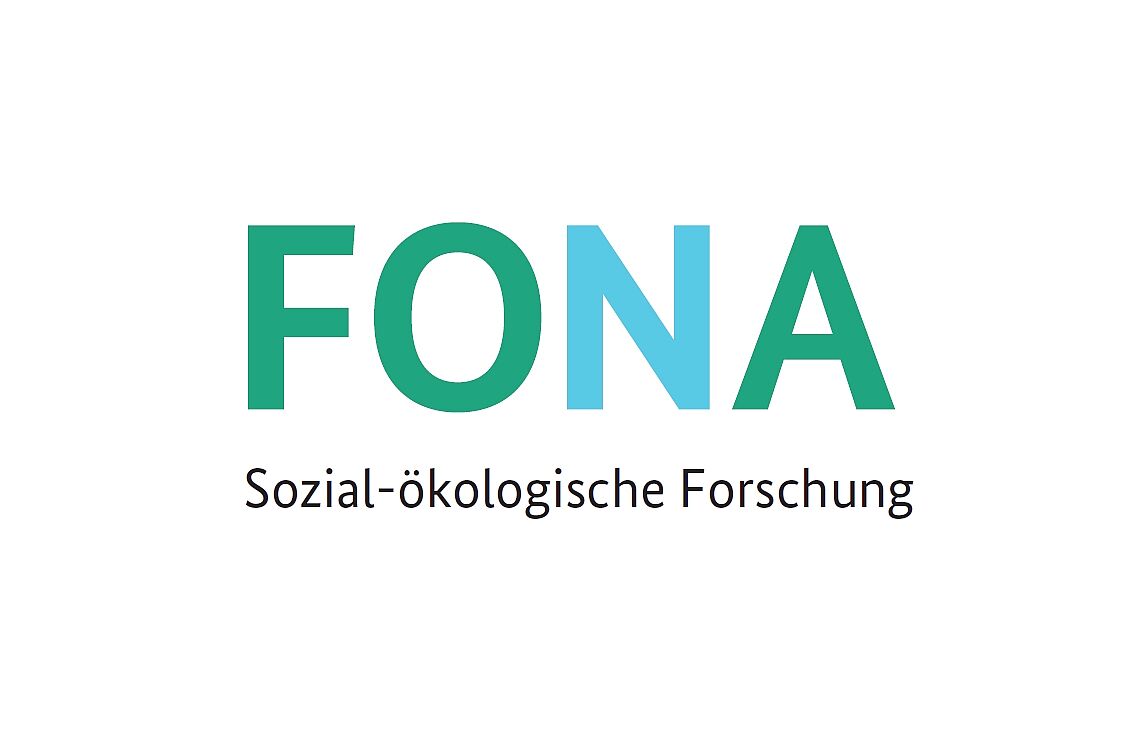
StraInWo
Strategies and instruments for integrating particularly disadvantaged population groups into the housing market in the course of a sustainable transformation process of urban neighbourhoods
About the project
Background
Flight, immigration and migration are part of the current transformation of urban neighbourhoods. Especially in large cities, EU immigrants, e.g. Rom*nija, and refugees often compete with other socio-economically weaker population groups on the housing market for affordable housing, which is already too scarce. In the period from 2016 to 2019, over 1.3 million (cf. Statista 2020) people applied for asylum in Germany, creating high challenges. The social integration of these groups is seen as the key to a sustainable and crisis-proof transformation of neighbourhoods, as this is the only way to avoid the emergence of urban poverty islands with consequences for their urban environment in the long term.
Many municipalities and housing companies are still faced with the challenge of integrating particularly disadvantaged population groups (including Roma and refugees) into the housing market and the neighbourhood. Precarious income conditions, lack of German language skills or stigmatisation make it particularly difficult for EU immigrants and refugees to access the housing market. In the StraInWo research project, various strategies and instruments for integration were developed and tested in cooperation with different actors. In addition to welfare organisations, associations and civil society groups, housing companies as partners of the municipalities have come into focus. They have a decisive influence on the integration potential of a neighbourhood through their allocation policy, investments in the quality and quantity of the housing on offer and the residential environment. Enabling participation and guaranteeing it in the long term is an essential component.
Research questions and project procedure
The research project focused on the evaluation, (further) development and testing of strategies and instruments of sustainable transformation management for the permanent integration of disadvantaged new immigrants (especially Roma and refugees) in the housing market. Concepts were to be developed that take into account the requirements of different groups of residents for living together in the neighbourhood. To this end, recommendations for action for a culturally and refugee-sensitive design of sustainable urban (sub)development processes were developed, primarily for municipalities and (municipal) housing companies, but also for the federal and state governments. The main focus was on the following questions:
- Which indicators are suitable for evaluating integration in the neighbourhood?
- What are the inhibiting and driving actors for the necessary transformation?
- Which inhibiting factors stand in the way of successful integration and how can they be reduced in the long term?
- What contribution can housing companies, municipalities and social agencies make to sustainable housing use and quality of life for refugees, Roma and other population groups in the neighbourhood?
- How can the successes of a sustainable transformation be perpetuated and transferred to other project initiatives?
The research project focused in particular on the empirical investigations of the case studies in Lübeck ("trial living" as a measure of housing provision for refugees) and Berlin-Reinickendorf (housing project "Bunte 111" for Rom*nija) and, building on this, the further development and testing of strategies and instruments to support socio-spatial and social participation.
StraInWo
Grant Provider: Third-party funded research project of the Bundesministeriums für Bildung und Forschung (BMBF)
Project sponsor: Deutsches Zentrum
für Luft- und Raumfahrt e.V. (DLR)
Duration: 07.2016 – 06.2020
Project team
Former research associate
-
Jenny Kunhardt, M.Sc.
The case studies
Bunte 111
"Bunte 111" is an integrative housing project located in the Scharnweberstraße/Auguste-Viktoria-Allee neighbourhood in Berlin-Reinickendorf. In 2013, the building was acquired by the state-owned housing company Gewobag Wohnungsbau-Aktiengesellschaft. In addition to its poor condition and need for refurbishment, the building also had overcrowding and unresolved tenancy issues. Flats and individual sleeping spaces were rented out to Roma families at high prices and coexistence with the neighbourhood was tense. After Gewobag bought the house, a project group was set up with the main actors - integration officers of the Reinickendorf district office, Gewobag MB Mieterberatungsgesellschaft mbH, Phinove e.V., Senate Department for Integration, Labour and Social Affairs - and the goal was to integrate five Roma families into the housing market in the long term through a participatory process. The model project pursued housing, tenancy law and neighbourhood goals. It was scientifically accompanied and evaluated within the framework of the research project.
„Probewohnen“ in Lübeck
Against the background of increasing immigration and a simultaneous lack of housing availability, the project "Probewohnen" (Trial Housing) was already established in Lübeck in 2012. The project for the housing integration of disadvantaged groups, especially refugees, is carried out in cooperation between the housing company Trave mbH, the City of Lübeck, the Gemeindediakonie and other civil society actors. The project aims to secure affordable housing for refugees in the long term. During a one-year test phase, flats can be rented out to care partners of the Hanseatic City of Lübeck, who in turn let the flat to previously selected refugees and refugee families. The families are accompanied and supported by social agencies as needed. After the successful implementation of the one-year trial housing relationship, a regular tenancy agreement is concluded with the participants. In the period between 2013 and 2018, 328 trial housing contracts were concluded together with the private and municipal housing industry. The scientific analysis of the case study provided building blocks for identifying strategies and instruments for integrating particularly disadvantaged population groups into the housing market and the neighbourhood.
The continuation and transfer project
"Living and Housing in the Märkisches Viertel"
The project "Housing and Living in the Märkisches Viertel" focuses on the large housing estate Märkisches Viertel in Berlin-Reinickendorf. The insights gained in the research project on the housing market integration of disadvantaged population groups have been successfully tested and applied since 2015 as part of the project "Housing and Living in the Märkisches Viertel" funded by the Berlin Senate Department for Urban Development and Housing. Within the framework of this cooperation project, ten previously homeless Rom*nija families were given access to housing between 2015 and 2018 in close cooperation between the state-owned housing company Gesobau AG, the social organisation Aufwind e.V. and numerous local actors. It was also shown that the implementation of the strategies developed in the research project had a positive effect on the participation opportunities of immigrants and the resolution of neighbourly conflicts.
The following conditions turned out to be conducive to activating disadvantaged groups to improve their housing and quality of life:
-
Involvement of social institutions and the housing industry,
-
Commitment through contractual arrangements between involved actors,
-
Promotion of independent living, e.g. through language acquisition and labour market qualification,
-
Participation in the immediate living environment to strengthen the sense of responsibility and to meet the neighbourhood,
-
building intercultural competencies and reducing prejudices among all residents (e.g. through encounters).
However, the research also showed that integration into housing alone is not sufficient, but that specific promotion of integration into neighbourhoods is necessary at the same time. The topic of integration into neighbourhoods and anti-discrimination strategies is being investigated in the ongoing research project StraInQ.
The research project was conceived as a real-life laboratory and all applied methods were structured accordingly. As a result, six strategies for promoting integration were identified. These strategies are underpinned by supportive framework conditions and obstacles as well as the applied mix of instruments.
Examples of facilitating and inhibiting factors
The conclusion of regular tenancy agreements in regular housing as well as support for gainful employment are examples of promoting factors to ensure affordable housing in the long term. On the other hand, intransparent waiting times for official decisions and the lack of recognition of certificates have an inhibiting effect.
To enable disadvantaged population groups to access housing, it is necessary to provide affordable and adequate (transitional) housing and to integrate familiar accompaniment into everyday life. Racism, xenophobia and antiziganism as well as a lack of language skills among landlords and counselling centres could be identified as examples of inhibiting factors.
Active occupancy and neighbourhood management promote social cohesion in the neighbourhood. A lack of common and occupied areas can counteract this. The same applies to prejudices against foreign neighbours.
To develop and implement anti-discrimination strategies, it is beneficial to provide staff with intercultural training and to conduct anti-discrimination training in the neighbourhood. On the other hand, a lack of civil courage to criticise prejudice and resentment as well as overt and covert discrimination can have an inhibiting effect.
To encourage the target group to live independently and participate in life in Germany, it is advisable to provide information on perspective options for action and to support volunteers or local institutions with language acquisition. However, lack of W-LAN access hinders self-integration and contact with friends and relatives at home and abroad. Furthermore, a lack of information about political and administrative processes can weaken independence.
Reliable networks and project structures can be established and consolidated through close, continuous and interdepartmental cooperation between all actors involved. In addition, it is beneficial to establish clear responsibilities ("matter for the boss"). Insufficient evaluation of the measures implemented and funding that is not in line with needs can counteract this.
Instruments
In the StraInWo research project, an analytical framework was developed for the transformation processes of urban neighbourhoods in the course of immigration of particularly disadvantaged population groups. The following instruments, which are available to the actors for acting in a way that promotes integration, were identified in the course of the research:
- Urban development and housing policy instruments: Integration policy challenges are incorporated into (overall) urban development through urban development and housing policy instruments (e.g. also through informal planning instruments). This contributes to the promotion of housing by the state (e.g. municipal integration and migration concepts, housing structure analysis, housing cadastre).
- (Planning) legal instruments: (Planning) legal instruments include laws and regulations of the federal government, the Länder or the municipalities (e.g. urban land use planning, heritable building rights, concept allocation, urban development contracts).
- Housing industry instruments: Actors on the housing market use housing industry instruments. They serve to provide housing and support tenants (e.g. legally valid tenancy agreements, provision of adequate housing).
- Social policy instruments: Supporting people to cope with short- and long-term problems in different life situations is achieved through social policy instruments. In addition, they aim to promote social coexistence (e.g. accommodation concepts for special needs groups, integration and diversity monitoring).
- Cooperative and communicative instruments: Stakeholders and actors are involved in problem identification and resolution through cooperative and communicative instruments so that communication channels can be established. In addition, these instruments offer opportunities for exchange and networking and/or serve coordination and control as well as knowledge transfer (e.g. participation processes with citizens and representatives from civil society, the establishment of migration or integration advisory boards).
These instruments offer actors from politics, administration, business, civil society and intermediary actors different scopes of action and must be considered accordingly in the specific context and relation to the group of actors.
News
Book publication „Wohnen nach der Flucht“
The publication of the anthology on the interdisciplinary BMBF research project "StraInWo" entitled „Wohnen nach der Flucht? – Integration von Geflüchteten und Roma in städtische Wohnungsmärkte und Quartiere“ edited by Ingrid Breckner and Heidi Sinning (2021) presents the results of the research project and places them in the context of current discourses. To this end, authors from academia and practice take a look at forms and patterns of discrimination against immigrants in society and integration policy and work in various cities. Based on the results, possibilities for continuation and transfer are shown from different perspectives and central recommendations for action are pointed out.
Results of the conference „Wohnen nach der Flucht“
On 28 March 2019, the symposium "Wohnen nach der Flucht" took place. The conference presented research findings from two innovative fields of action, "Probewohnen" in Lübeck and the project "Bunte 111" in Berlin.
-
Breckner, Ingrid; Sinning, Heidi (Hg.) 2022a: Wohnen nach der Flucht? Integration von Geflüchteten und Roma in städtische Wohnungsmärkte und Quartiere, S. 221-242, Wiesbaden: Springer Verlag.
Breckner, Ingrid; Sinning, Heidi 2022b: Integration besonders benachteiligter Bevölkerungsgruppen in den Wohnungsmarkt und in städtische Quartiere – Herausforderungen für die Stadtforschung, in: Breckner, Ingrid; Sinning, Heidi (Hg.) 2022: Wohnen nach der Flucht? Integration von Geflüchteten und Roma in städtische Wohnungsmärkte und Quartiere, S. 1-22, Wiesbaden: Springer Verlag.
Breckner, Ingrid; Sinning, Heidi 2022c: Handlungsempfehlungen zur Integration besonders benachteiligter Bevölkerungsgruppen in den Wohnungsmarkt und in städtische Quartiere, in: Breckner, Ingrid; Sinning, Heidi (Hg.) 2022: Wohnen nach der Flucht? Integration von Geflüchteten und Roma in städtische Wohnungsmärkte und Quartiere, S. 401-421, Wiesbaden: Springer Verlag.
Kunhardt, Jenny; Sinning, Heidi 2022a: Governance einer nachhaltigen Transformation für die Integration in Stadtquartiere, in: Breckner, Ingrid; Sinning, Heidi (Hg.) 2022: Wohnen nach der Flucht? Integration von Geflüchteten und Roma in städtische Wohnungsmärkte und Quartiere, S. 41-77, Wiesbaden: Springer Verlag.
Kunhardt, Jenny; Sinning, Heidi 2022b: Wohnprojekt Bunte 111 in Berlin-Reinickendorf: Rahmenbedingungen, Strategien und Hindernisse der Integration von Rom*nija in: Breckner, Ingrid; Sinning, Heidi (Hg.) 2022: Wohnen nach der Flucht? Integration von Geflüchteten und Roma in städtische Wohnungsmärkte und Quartiere, S. 117-156, Wiesbaden: Springer Verlag.
Kunhardt, Jenny; Sinning, Heidi 2022c: Nachhaltige Transformation von Stadtquartieren: Strategien und Rahmenbedingungen zur Förderung der Integration von Geflüchteten und Rom*nija, in: Breckner, Ingrid; Sinning, Heidi (Hg.) 2022: Wohnen nach der Flucht? Integration von Geflüchteten und Roma in städtische Wohnungsmärkte und Quartiere, S. 221-242, Wiesbaden: Springer Verlag.

